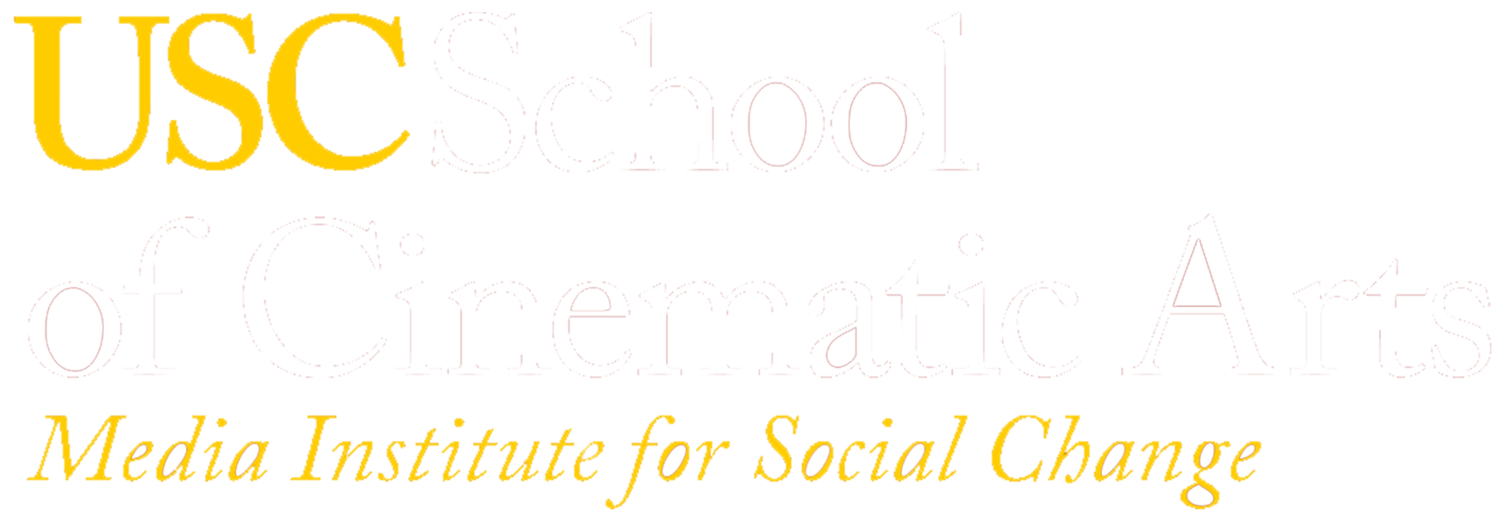Loving: a quiet power for social change
/by Jonatas da Silva, USC MISC Scholar
“What would you do if it was illegal to marry the person you loved most?”
That’s the question Loving poses by retelling the real life story of Richard and Mildred Loving, an interracial couple in 1958 who were arrested and charged for getting married. This film by Jeff Nichols follows the quiet battle the Lovings fought against the State of Virginia for ruling that their marriage was illegal and unconstitutional because of the color of their skin. Finally, 10 years later in 1967, the Supreme Court ruling in Loving vs. Virginia ended race restrictions on marriage in the United States.
The film did not have to revert to excitement, drama, violence, court disputes or any other cliché to make its point. Simply put, it follows the Lovings closely and shows you their very human and natural struggle living in a time that it was illegal for interracial couples to be married. Loving has a quiet power that stays with you long after the film is over. As the film claims, it is the “true story of ordinary people with an extraordinary love story that changed the world”
Recently, one of the producers, Sarah Green, spoke at a pre-screening of the film at the University of Southern California. She said one of the biggest challenges of the film was making a movie dramatic enough but true to the original people. Thankfully, there were hours of footage recorded of the real Richard and Mildred Loving, which served as the inspiration for the actors and the filmmakers. This footage was turned into the documentary The Loving Story by Nancy Buirski (available now on HBO) which goes deeper into the legal battles faced by this courageous couple. It doesn’t take much to see that Jeff Nichols truly strived to stay true to the real Lovings. Pictures of the real couple are recreated quite faithfully in this film.
Why is it that a film about the struggles of an interracial couple in Virginia in 1958 feels so timely in 2016? Could it be that the rhetoric of hate and racism that has been at forefront of the 2016 elections threatens the very right the Lovings fought for? Could it be that we are facing the same questions today, 60 years later, on gay marriage and immigrant marriage? The question was still the same nationwide just a few years ago for people who were part of the LGBTQ community. Half the nation is still divided on the matter. Today, we see courts ruling whether or not immigrant marriages are legal or not based on whether the court finds enough evidence. The “Loving” isn’t just a historical film, it is a film that makes people stop and realize we still have a long ways to go in creating equal rights for everyone in this country.
"LOVING" emojis
“Loving” is truly a phenomenal example of a film using media for social change. Several people have been posting on the film’s Facebook page thanking the movie for telling their story. One Facebook user, Janie Payne posted on the page saying, “If it wasn’t for this courageous couple I would not have been able to marry my husband in 1969. For you see my husband was a wonderful black man and even though it was legal it was still very hard.” The film’s website also released a series of interracial couple emojis which you can download from the App Store or get on Google Play by searching for “LOVING Emojis”. To top it off, the film has started a campaign called #VoteLoving where it asks people during this election season to share their “stories and messages of love with #VoteLoving” in order to “help change the National Conversation.” Thousands of people across the United States have been sharing their stories, and it’s truly inspirational. You can go to www.voteloving.com to read the stories and track how your state ranks in this campaign. California ranks as #8 in the nation at the time of this article.
“Loving” was truly inspirational and moving. For filmmakers, it presents the tangible ways to make an impact in society with narrative storytelling and media. For viewers, it presents an inspirational story of love that is still very relevant to today. So when the movie comes out on November 4th, I hope you choose to go see it. In the meantime, join the conversation online on how you will stand up for love. Share your message of love with the hash tags #VoteLoving and #ThisIsLoving.
Release Date: November 4th, 2016
Written and Directed by Jeff Nichols
Produced by Ged Doherty, Colin Firth, Sarah Green, Nancy Buirski, Marc Turtletaub, and Peter Saraf
Stars: Joel Edgerton & Ruth Negga

